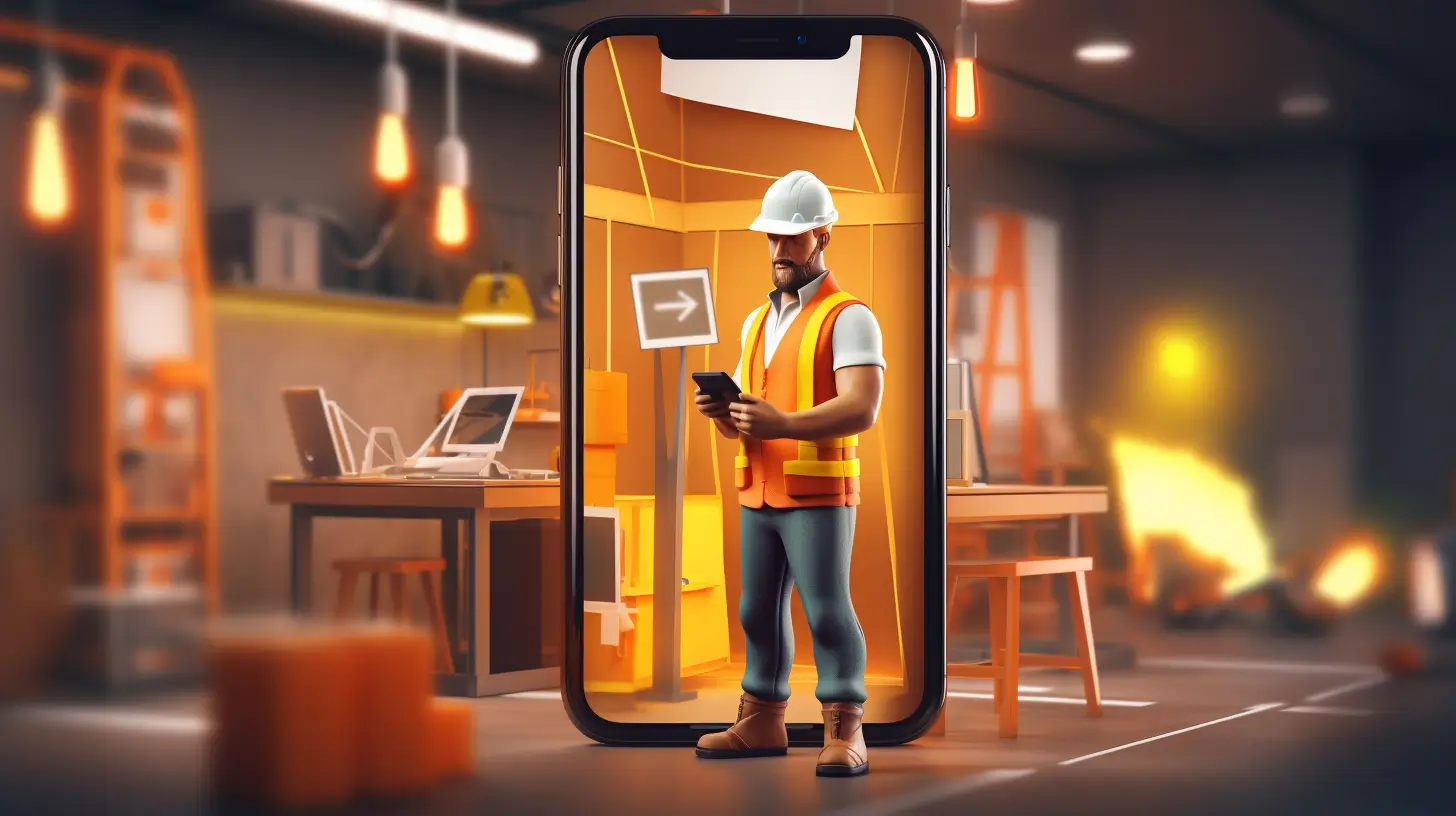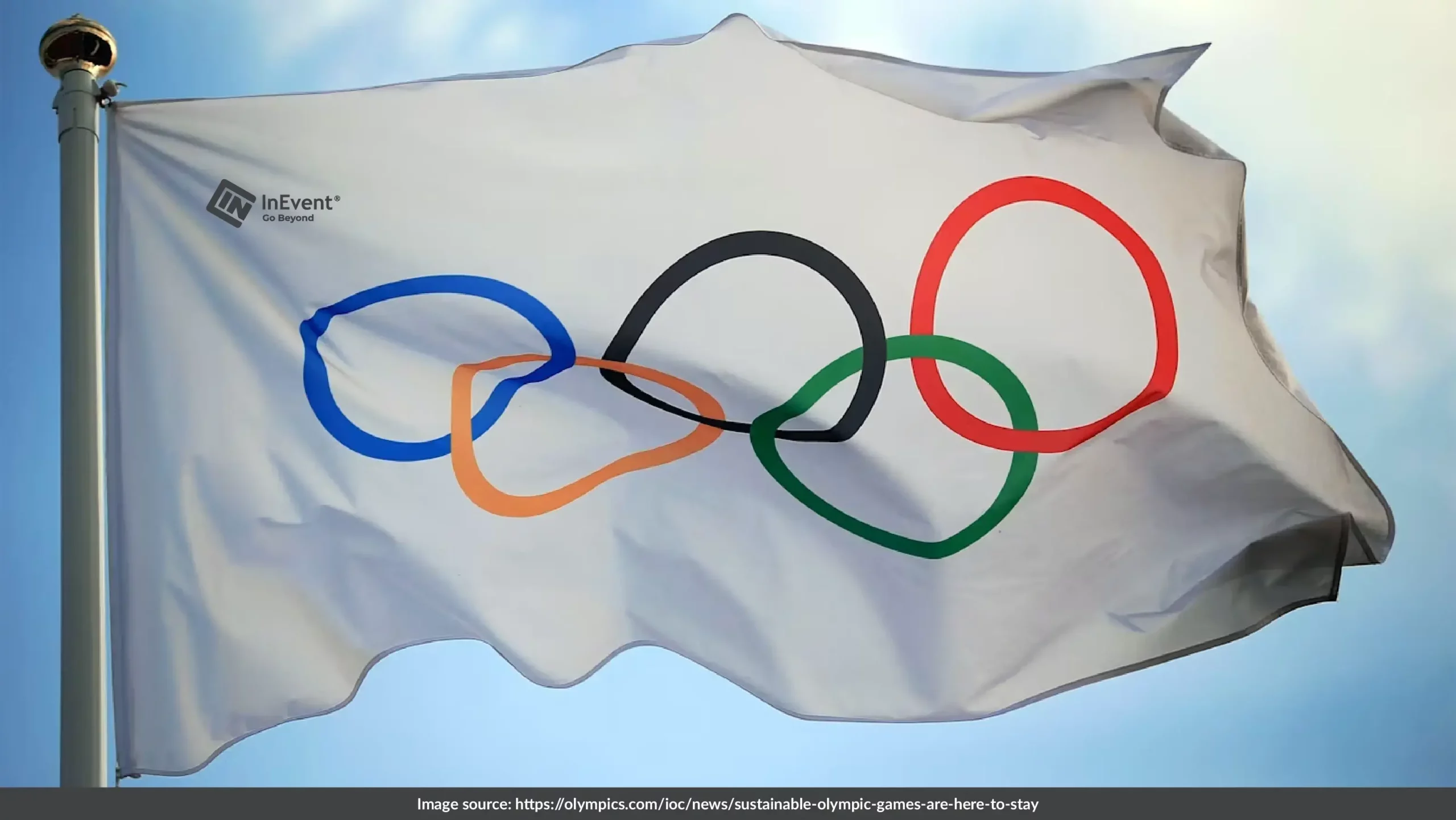Leveraging Technology and Apps for Efficient Destination Planning in Travel Itineraries

The Evolution of Travel Planning Through Technology
In an era where convenience is king, the realm of travel planning has undergone a significant transformation. With a plethora of applications and digital resources available to aid in destination planning, travelers can now craft personalized itineraries that suit their unique preferences. This shift is not just a response to the growing demand for travel but also a reflection of how technology can simplify and enhance our experiences.
One of the most compelling benefits of modern travel planning tools is the availability of real-time updates. For instance, platforms such as FlightAware allow travelers to track flight statuses from any mobile device, providing critical updates on delays or gate changes. Moreover, weather apps like AccuWeather can furnish timely forecasts, ensuring that travelers pack appropriately and adjust their plans according to local weather conditions. Additionally, services like Google Maps offer insights into current traffic conditions, helping travelers choose the best routes to local attractions without unnecessary delays.
Personalized itineraries have emerged as another hallmark of modern travel planning. Utilizing platforms like TripIt or Wanderlog, travelers can create vibrant, interactive itineraries enriched with activities tailored to their interests. Whether you’re an art enthusiast seeking out local galleries or a foodie wanting to explore the best street food, these tools allow you to filter and select experiences that align with your passions. In this way, individual preferences shine through, ensuring that your vacation reflects your unique tastes rather than a generic travel agenda.
Furthermore, managing travel costs can be a daunting task, especially for those on a fixed budget. Fortunately, numerous applications offer budget tracking features to assist travelers in adhering to their financial goals. Apps like Trail Wallet or Expensify allow users to input expenses in real-time, categorizing them and providing a clear overview of their spending habits. By monitoring your budget closely, you can make informed decisions on excursions, dining, and transportation, ensuring that you enjoy your trip without financial stress.
The integration of these technological tools revolutionizes the travel experience, making it not only more efficient but also more enjoyable. The ability to seamlessly navigate new destinations boosts travelers’ confidence and enhances the overall adventure. With new apps continuously entering the market, each promising to simplify the travel process, the exploration of these offerings could lead to discovering your “new best friends” for future journeys. As you plan your next getaway, consider delving deeper into the world of travel tech; it may just transform how you explore the globe.

Maximizing Convenience with Travel Planning Apps
As travelers increasingly seek streamlined and smooth experiences, travel planning apps have risen to the forefront of efficient destination planning. These tools not only cater to diverse preferences but also enable users to manage every aspect of their journey with ease. From selecting destinations to curating daily activities, technology now plays a crucial role in ensuring that vacations start off right, long before the suitcase is even packed.
One of the most beneficial aspects of these apps is their capacity for collaboration and sharing. Applications like Google Trips and Roadtrippers allow groups of travelers to collaborate on itinerary creation, fostering a sense of community and excitement. Friends and family can add their favorite spots, adjust plans, and even vote on what experiences to prioritize. This social aspect makes planning less daunting and transforms the process into a shared adventure, setting the tone for a more fulfilling trip.
Smart Recommendations Powered by AI
With advanced algorithms and artificial intelligence, travel apps are enhancing the way we make choices. Services like Kayak and Expedia analyze vast amounts of data to provide personalized travel suggestions. By monitoring user preferences, past travels, and reviews, these platforms can recommend everything from hotels to dining options that align with individual tastes. The integration of reviews and ratings within these platforms further empowers travelers to make informed decisions, ensuring that they select the best options available.
- Flight Booking: Applications like Hopper utilize historical data to predict flight prices and advise on the best times to purchase tickets.
- Accommodations: Services like Airbnb not only offer unique lodging options but also integrate guest reviews to assist in choosing stay options.
- Activity Planning: Platforms like Viator and GetYourGuide provide insights into local tours and events, allowing for easy booking.
In addition to catering to personal tastes, travel apps also assist with time management. Itinerary planners like TripIt aggregate travel details into a single view, helping travelers visualize each leg of their journey. By consolidating flight information, accommodation details, and day-to-day plans, users save time and reduce the stress commonly associated with travel logistics. This holistic view can help prioritize activities and ensure that precious vacation days are spent wisely.
Moreover, seamless integration with other essential tools enhances the user experience. For instance, many of these apps allow synchronization with calendars, providing reminders for crucial events such as flight departures or hotel check-ins. This level of organization not only optimizes time but also reduces the potential for missed opportunities or last-minute scrambling.
In essence, leveraging technology and apps for travel itinerary planning is about harnessing the potential of connectivity and personalization. As the travel landscape becomes increasingly competitive, those who embrace these tools will find themselves embarking on enriched adventures that are not only meticulously planned but reflect their distinct journeys.
As the travel industry continues to evolve, leveraging technology and apps has emerged as a critical factor in creating efficient destination planning processes. The integration of mobile applications in travel itineraries enables travelers to access real-time information, enhancing their overall experience. With just a few taps on their smartphones, users can explore top attractions, check transportation options, and even receive weather updates tailored to their itinerary.
Additionally, collaborative planning tools have transformed how group trips are organized. Friends and family can share preferences, vote on activities, and track itinerary changes seamlessly, ensuring everyone stays on the same page. This consumer-driven approach not only empowers travelers but also fosters a sense of collaboration, making travel planning a more enjoyable adventure in itself.
Furthermore, the use of AI-driven apps provides personalized recommendations based on past travel behaviors and preferences. This adaptation to individual traveler profiles ensures that visitors discover hidden gems that align with their interests, enhancing their trip’s quality and fostering a deeper connection with the destination. As travel technology continues to advance, exploring these applications will be key to uncovering new experiences and optimizing every journey.
| Category | Key Features |
|---|---|
| Real-Time Information | Access to current attractions, transport options, and weather updates. |
| Collaborative Planning | Group itinerary management and easy sharing of preferences. |
| AI Recommendations | Personalized suggestions based on user profiles. |
Exploring the latest travel apps and tools presents an invaluable opportunity for travelers to navigate their adventures more seamlessly than ever. By making informed decisions using these technologies, travelers can enhance their journeys and ensure that their travels become memorable experiences.
Real-Time Updates and Navigation for Seamless Journeys
In the dynamic world of travel, the ability to adapt quickly is essential. Today’s travel apps not only assist in planning but also provide real-time updates that enhance the travel experience. Applications such as Google Maps and Waze have revolutionized navigation for travelers. With their live traffic insights, these platforms enable users to avoid congestion and select the fastest routes, ensuring that valuable vacation time isn’t wasted in gridlock. Whether it’s finding an alternative route due to unexpected road closures or discovering nearby attractions while on the go, real-time navigation tools are invaluable companions.
Moreover, weather apps like Weather Underground or AccuWeather provide critical updates that can influence travel decisions. A surprise rainstorm or sudden temperature drop could necessitate a change in plans; with accurate forecasts, travelers can adjust their itineraries to include indoor activities or pack accordingly, enhancing their overall enjoyment and comfort.
Streamlined Communication and Customer Service
The modern traveler also benefits from enhanced communication capabilities that travel apps offer. Tools like WhatsApp and Slack facilitate instant messaging and group coordination, which is especially useful for families or traveling parties. This allows for quick decision-making and planning adjustments on the fly, promoting a more enjoyable group dynamic. For example, if someone in the group finds an interesting local restaurant, they can share it instantly, prompting an immediate discussion about whether to change dining plans.
Additionally, many travel companies have embraced AI-driven chatbots in their apps, such as those available through KAYAK or Airbnb. These virtual assistants provide immediate responses to customer inquiries, whether it’s about booking adjustments, local attractions, or refund policies. Such customer service innovations empower travelers to resolve potential issues quickly and efficiently, offering peace of mind throughout their journey.
Enhancing Cultural Engagement Through Technology
Another significant trend in the realm of travel apps is the focus on enhancing cultural engagement. Apps such as Google Translate facilitate communication in foreign destinations, breaking language barriers and opening doors to authentic local experiences. Similarly, platforms like Eventbrite or Meetup enable travelers to discover local events or connect with individuals who share similar interests, fostering connections that enrich their cultural immersion. This level of local engagement often transforms a simple trip into a memorable experience filled with encounters that forge lasting connections.
Furthermore, immersive experiences can now be accessed through apps like Smartify or Gimlet, which brings art and history to life via augmented reality. Through such technology, users can scan museum exhibits or historical sites and receive detailed, engaging narratives about the artifacts and their significance, creating a deeper understanding of the culture they are exploring. This enriching interaction adds immense value to a traveler’s itinerary, making each destination more meaningful.
In summary, leveraging technology and apps for travel itinerary planning goes far beyond simple logistics. By embracing real-time tools, streamlined communication, and cultural experiences, travelers can navigate their journeys with confidence and make the most of every opportunity that arises, ultimately leading to richer and more rewarding adventures.
Conclusion
In today’s fast-paced travel landscape, leveraging technology and apps has become indispensable for those seeking efficient destination planning and a seamless journey. From navigating bustling streets with precision to curating personalized itineraries, the right tools can significantly enhance the overall travel experience. With applications that provide real-time updates, travelers can remain adaptable to any scenario, turning unforeseen circumstances into new adventures rather than setbacks.
Moreover, the integration of streamlined communication tools and AI-driven customer service ensures that travelers can access essential support at their fingertips, transforming potential obstacles into smooth interactions. This advancement in technology not only helps in logistical planning but also enriches engagement with local cultures through platforms that promote genuine connections and experiences. The rise of apps that foster cultural immersion, such as those for translation and event discovery, highlights how travel can evolve into a more meaningful journey.
As travel habits continue to shift, it is crucial for both seasoned adventurers and casual tourists to embrace these technological innovations. They not only simplify the planning phase but also enhance the joy of exploring new destinations. By utilizing the plethora of options available in the digital landscape, travelers can redefine their itineraries, ultimately leading to a more enriching and rewarding travel experience. As we journey further into this technological era, the potential for optimizing travel itineraries is boundless, urging us to explore the myriad of opportunities that await with just a few taps on our devices.


